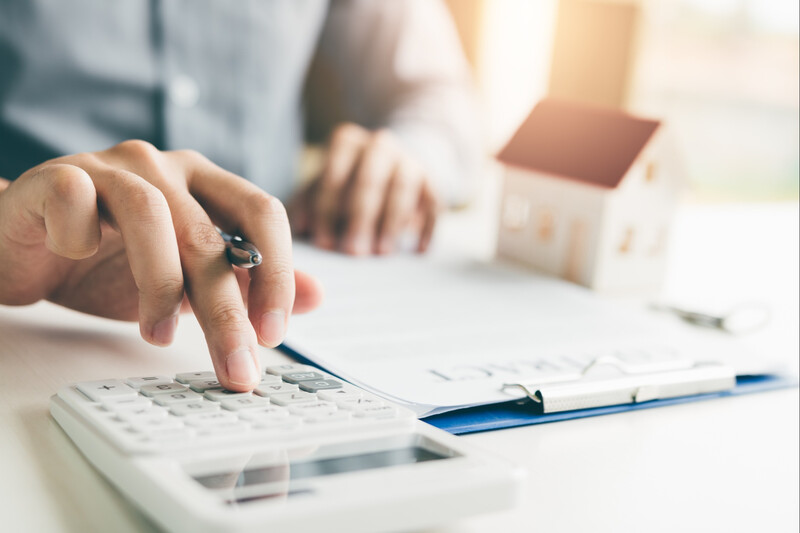Mauvaise nouvelle pour les propriétaires. Le montant de la taxe foncière devrait augmenter d’au moins 2,8 % en 2022, selon les estimations de l’Insee. Cette hausse est principalement liée à celle de l’inflation qui touche à la fois le revenu et le logement.
La taxe foncière reste stable dans la plupart des collectivités
La plupart des collectivités dont font partie Paris, Nice, Toulon et Le Havre affichent des taux communaux inchangés depuis plusieurs années. Mais certaines communes de plus de 100 000 habitants et leurs intercommunalités ont décidé d’actionner le levier fiscal.
Selon les données rassemblées par le journal Les Echos qui s’appuient sur l’examen des budgets primitifs, des rapports d’orientation budgétaire et des délibérations sur les pactes financiers, des hausses de taxe foncière sont prévues dans 9 territoires sur 42. À titre de comparaison, en 2021, les taux des taxes foncières sur les propriétés bâties ou non bâties n’avaient évolué que dans 4 territoires, avec une hausse moyenne à +0,3 %, comme le montre une étude annuelle réalisée par le cabinet FSL.
Faire face à la hausse du niveau des services publics
L’augmentation de la taxe foncière sera significative dans certaines villes. À Strasbourg par exemple, la part métropolitaine de la taxe sur le foncier bâti devrait passer de 1,15 à 4,60 % pour compenser une hausse des dépenses de fonctionnement de 240 millions d’euros sur le mandat. Cela représentera une hausse de 64 euros par an pour les ménages, de 287 euros par an pour les entreprises commerciales et de 1 800 euros pour les entreprises industrielles.
Dans les colonnes du journal Les Echos, Syamak Agha Babaei, vice-président chargé du budget et des finances, explique que la hausse de la taxe foncière vise à compenser une augmentation substantielle du niveau des services publics et de l’offre de mobilité et plus précisément, le recrutement de 300 personnes, la création de nouvelles lignes de tramway et de bus, la gratuité des transports en commun pour les jeunes de moins de 18 ans.
À Tours, la hausse de la taxe foncière de 4,5 points se justifie par la nécessité de rénover le patrimoine public « fortement dégradé » après plusieurs années de « sous-investissement chronique », rapporte Emmanuel Denis, le maire de Tours.
Ainsi, le retour de l’inflation n’est pas une bonne nouvelle pour les Français. De son côté, le gouvernement craint ses effets néfastes sur les efforts déployés depuis le début du quinquennat Macron pour améliorer le pouvoir d’achat. En effet, la hausse de l’inflation pourrait entraîner une nouvelle flambée de la taxe foncière déjà très élevée. Bercy anticipe une forte revalorisation des valeurs locatives cadastrales servant de base d’imposition pour déterminer le montant de la taxe foncière, auxquelles s’ajoutent les taux fixés par les élus.
« Les Français peuvent commencer à faire des économies parce que la facture va être douloureuse », avertit Christophe Demerson, président de l’Union nationale de propriétaires.
